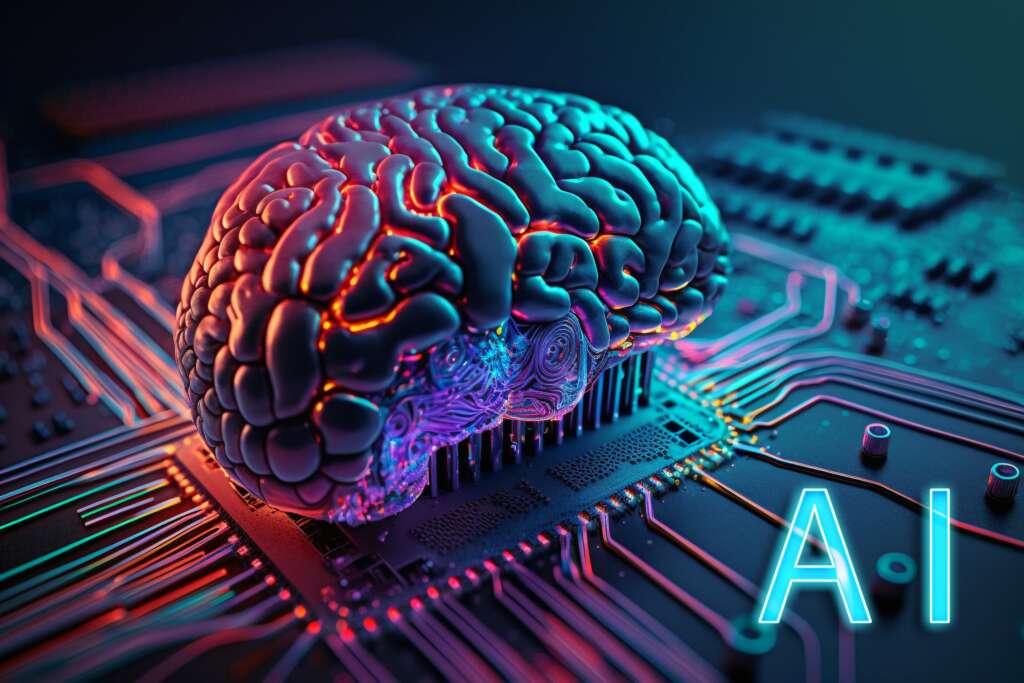In a move set to bolster its presence in the artificial intelligence (AI) sector, Microsoft will enable customers to create and deploy autonomous AI agents starting in November 2024. These agents, designed to operate with minimal human oversight, are expected to transform key business processes such as customer service, sales lead identification, and inventory management.
Dubbed “apps for an AI-driven world,” these autonomous agents mark a significant step in Microsoft’s broader AI strategy, providing businesses with tools to automate routine tasks and enhance operational efficiency. This development promises to simplify how companies manage their day-to-day operations while empowering employees with advanced AI capabilities.
Accessible AI for Businesses: Copilot Studio and Pre-Built Agents
Microsoft’s new offering will be accessible through its Copilot Studio application, a platform designed to be user-friendly and intuitive, requiring little to no technical expertise to use. Businesses will be able to create and deploy custom AI agents, leveraging a combination of proprietary AI models and those developed by OpenAI. This flexibility ensures that businesses, regardless of their size or industry, can easily implement AI solutions tailored to their needs.
In addition to allowing businesses to design their own AI agents, Microsoft will also roll out 10 pre-built AI agents to automate common business tasks. These ready-to-use agents are designed to handle essential functions such as managing supply chains, tracking expenses, and enhancing client communications, making it easier for companies to adopt AI without the need for extensive development.
How Autonomous AI Agents Will Transform Business Processes
SEE ALSO: Ghana-Based Aya Data Raises $900,000 Seed Round to Scale AI Solutions for Africa
Microsoft’s autonomous AI agents are expected to have a profound impact on several core business operations. For example, in customer service, AI agents will be able to handle inquiries, manage client interaction histories, and even schedule follow-up meetings without requiring human intervention. In sales, these agents will identify promising leads and track progress, allowing sales teams to focus on high-level strategy rather than repetitive tasks.
In a demonstration by McKinsey & Co., one of Microsoft’s early partners with access to the tools, an AI agent efficiently managed client inquiries, tracked interaction histories, assigned tasks to consultants, and scheduled follow-up meetings. This streamlined process showcased how AI agents can significantly improve workflow efficiency and enhance client engagement in real-world applications.
Personal AI Assistants for Every Employee: Microsoft’s Vision for the Future
Microsoft’s ambitious vision extends beyond the deployment of autonomous AI agents. The company envisions a future where every employee has access to a personal AI assistant, or “Copilot,” that interacts with the various AI agents within their organization. This Copilot will act as a personalized interface, enabling employees to interact with AI tools to boost productivity and tailor AI-driven insights to their specific roles.
According to Charles Lamanna, Corporate Vice President of Business and Industry Copilot at Microsoft, the Copilot feature will offer employees a customized experience when engaging with the range of AI tools available. This will streamline workflows, automate administrative tasks, and allow employees to focus on more critical, value-adding activities.
Competing in the AI Space: Microsoft vs. Meta

Microsoft’s announcement comes at a time when other tech giants are also making strides in autonomous AI technology. Recently, Meta introduced its “Self-Taught Evaluator” model, which focuses on creating AI that can train and evaluate itself with minimal human input. Meta’s AI advancements aim to reduce the reliance on human-generated data and expertise, aligning with broader trends in AI toward more self-sufficient systems.
While Microsoft has faced challenges, such as a slight dip in its stock performance during the September quarter, the company remains focused on the long-term potential of its AI technologies. By enabling the creation of autonomous agents and offering personalized AI assistants, Microsoft is positioning itself as a leader in the emerging AI-driven workplace of the future.
The Road Ahead: AI Integration Across Industries
Microsoft’s launch of autonomous AI agents represents a significant milestone in AI integration across industries. The company’s strategy to make AI tools more accessible, coupled with its emphasis on customization and personalization, will likely reshape how businesses operate. As more companies adopt these technologies, the impact of AI in streamlining operations, enhancing customer engagement, and improving decision-making will only grow.
With major enterprises like McKinsey already demonstrating the practical applications of these tools, the future of business looks increasingly AI-driven, and Microsoft’s new offerings are at the forefront of this evolution.
Have an inspiring startup story to share? We’d love to hear it! Get your business in the spotlight by being featured in our Startups Spotlight series. Send us your story, and let’s shine a light on your journey, challenges, and triumphs. Ready to inspire the next wave of founders? Drop us an email at emmanuel@hera.marketing and let’s make it happen!



